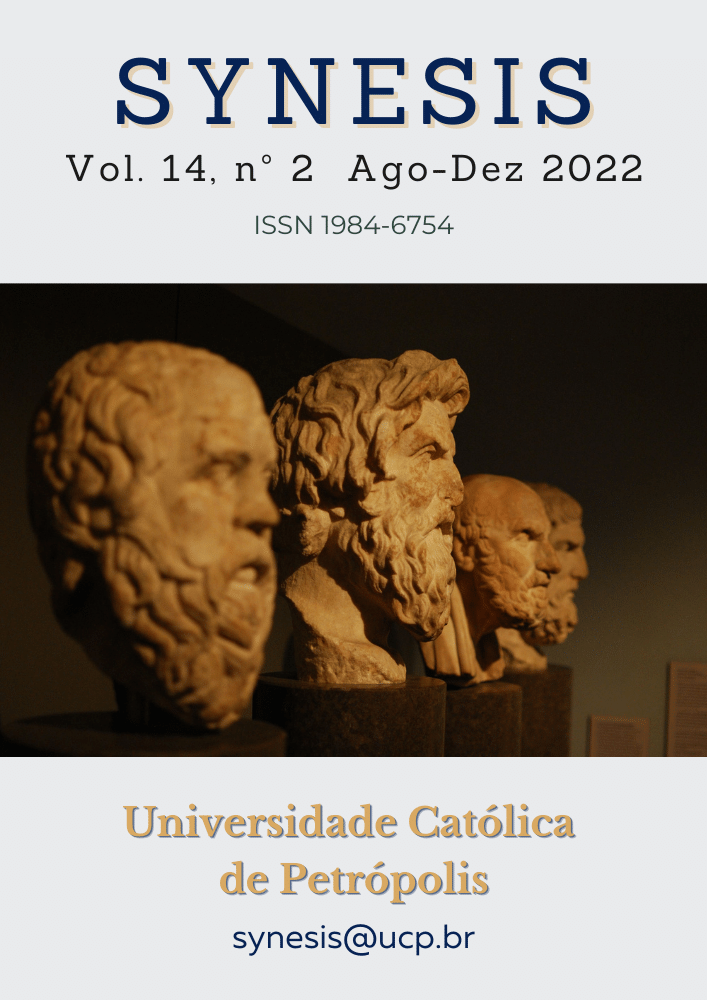Abstract
This study aimed to examine the relationship between individual innovativeness levels and lifelong learning tendencies of physical education and sports school students. The study was designed in the relational survey model, which is one of the quantitative research methods. The questionnaire technique was used as the data collection method. The study was carried out on a voluntary basis. The research universe consisted of students studying at Istanbul Gelisim University School of Physical Education and Sports. The students (n=195) who volunteered to participate in the study constitute the sample. The data of the study were collected using a personal information form, Individual Innovativeness Scale, and Lifelong Learning Tendency Scale. The data were analyzed using the SPSS 25.0 package software. The Spearman correlation analysis was preferred as a statistical analysis.
As a result, it was determined that the individual innovativeness level and lifelong learning tendencies of the Physical Education and Sports School students were high, and there was a weak, moderate, and high level of negative and positive correlations between the individual innovativeness levels of students and their lifelong learning tendencies. In other words, it has been determined that the lifelong learning tendency is positively affected by the increase in the level of individual innovativeness.
References
Büyüköztürk, Ş. Çakmak, E. Akgün, Ö. Karadeniz, Ş. Demirel, F. (2008). Bilimsel araştırma yöntemleri. 1. Baskı. Pegem Akademi. Ankara.
Coşkun, Y. D. (2009). Üniversite öğrencilerinin yaşam boyu öğrenme eğilimlerinin bazı değişkenler açısından incelenmesi Doktora Tezi, Hacettepe Üniversitesi, Ankara.
Coşkun, Y. D. ve Demirel, M. (2012). Lifelong learning tendencies of university students. HU Journal of Education, 42, 108-120.
Demiraslan, Yasemin; Usluel, Yasemin Kocak. (2008), “ICT İntegration Processes İn Turkish Schools: Using Activity Theory To Study İssues And Contradictions”, Australasian Journal of Educational Technology, Y. 24, S. 4, s. 458-474.
Demirel, M. Akkoyunlu, B. (2010). Öğretmen adaylarının yaşam boyu öğrenme eğilimleri ve bilgi okuryazarlığ özyeterlik algıları. 10th International Educational Technology Conference, Boğaziçi Üniversitesi İstanbul, Proceedings Book, Volume 2, 1126- 1133.
Deniz, S. (2016). Öğretmen Adaylarının Bireysel Yenilikçilik Özellikleri. Electronic Turkish Studies, 11(9).
Hurt, H. T. Joseph, K. & Cook, C. D. (1977). Scales for the measurement of innovativeness. human communication research, 4, 58-65.
Karasar, N. (2017). Bilimsel araştırma yöntemi kavramlar ilkeler teknikler. Nobel Yayınları. Ankara.
Kılıç, H. (2015). İlköğretim branş öğretmenlerinin bireysel yenilikçilik düzeyleri ve yaşam boyu öğrenme eğilimleri (Denizli ili örneği) (Master's thesis, Pamukkale Üniversitesi Eğitim Bilimleri Enstitüsü).
Kılıçer, K. ve Odabaşı F. (2010). Bireysel yenilikçilik ölçeği (BYÖ): Türkçeye uyarlama, geçerlik ve güvenirlik çalışması, Hacettepe Üniversitesi Eğitim Fakültesi Dergisi, 38, 150-164.
Mülhim, M. A. (2018). Beden eğitimi ve spor yüksekokulu öğrencilerinin bireysel yenilikçilik düzeyleri ve yaşam boyu öğrenme eğilimlerinin incelenmesi: Bartın Üniversitesi örneği (Master's thesis, Bartın Üniversitesi, Eğitim Bilimleri Enstitüsü).
Oğuztürk, Bekir Sami; Türkoğlu, Musa, (2004), “Yenilik ve Yenilik Modelleri”, Doğu Anadolu Bölgesi Araştırmaları, Y. 3, S. 1, s. 14-20.
Saylam, D. K. Çamlıyer, H. Mehmet, A. S. M. A. & Kalkan, N. (2019). Spor bilimleri fakültesinde öğrenim gören öğrencilerin yaşam boyu öğrenme eğilimlerinin incelenmesi. CBÜ Beden Eğitimi ve Spor Bilimleri Dergisi, 14(2), 176-187.
Tabachnick, B. G. ve Fidell, L. S. (2013). B.G. Tabachnick, L.S. Fidell using multivariate statistics. Boston: Pearson.
Tewari, Ritu, (2011), “Individual İnnovation And Orgnaziational Success: Theoretical Perspective”, Review of Management, Y. 1, S. 2, s. 89-94.
Yenice, N ve Tunç, G. A. (2019). Öğretmen Adaylarının Yaşam Boyu Öğrenme Eğilimleri ile Bireysel Yenilikçilik Düzeylerinin İncelenmesi. Kastamonu Eğitim Dergisi. 27(2). DOI: 10.24106/kefdergi.2716.

This work is licensed under a Creative Commons Attribution-NonCommercial-NoDerivatives 4.0 International License.
Copyright (c) 2022 Synesis (ISSN 1984-6754)

